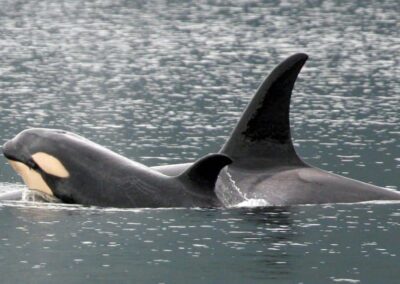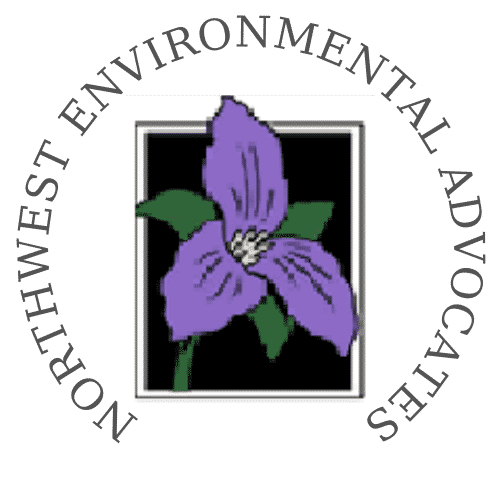News
Stay Informed
Upcoming Actions
Toxic Pollution in Puget Sound
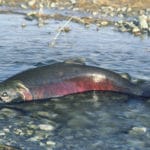
The Problem
Toxic pollution in Puget Sound come from city sewage, stormwater, logging, farming, and industrial dumping. From there, toxic pollution enters the Puget Sound food web, harming Chinook salmon, Puget Sound orca whales, and many other species of fish and wildlife.  Toxic pollution causes an extensive range of health problems—such as to the ability of species to reproduce, their energy level and ability to fight off diseases, and their behavior including the ability to avoid predators.
These toxics include heavy metals and pesticides but also pharmaceuticals and personal care products. While stormwater is likely to carry lead, copper, and zinc from roads into Puget Sound, only sewage treatment plants are conveying the toxic soup of so-called “emerging pollutantsâ€â€”meaning they are not regulated—birth control hormones, antibiotics, antidepressants, painkillers, laundry chemicals, etc.
Washington and federal agencies, along with independent scientists, have been studying the levels of toxics and their effects on Puget Sound species for decades.  What is almost entirely missing is any regulatory action by the Washington Department of Ecology, which is responsible for controlling pollution.  Whether regulated—like the metals—or entirely unregulated, there are very few water pollution permits issued by Ecology and EPA that place limits on the discharge of toxic pollutants to Puget Sound.
NWEA lawsuits seek to reduce levels of toxics in Puget Sound waters. Here’s what we have been doing:
• Petitioned EPA to step in and update Washington’s outdated water quality standards for toxics to protect aquatic species. When EPA refused, NWEA took it to court twice.
• Petitioned Ecology to establish requirements for modern sewage treatment that would remove toxics, particularly pharmaceuticals and personal care products. When Ecology refused, NWEA took it to court.
• Taking a range of actions to force the reduction of nitrogen pollution from sewage treatment plants discharging to Puget Sound. Removing nitrogen also removes toxics.
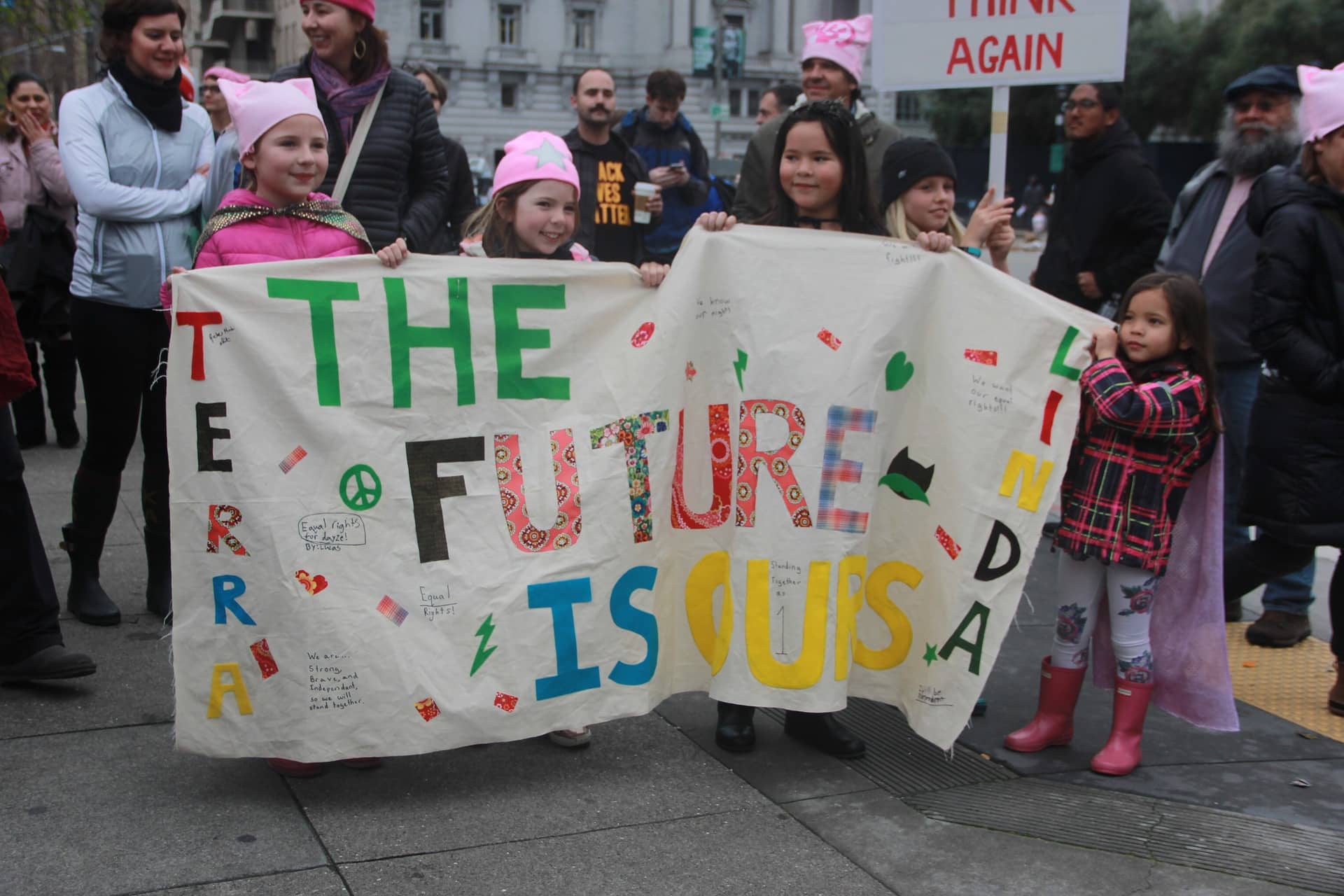
What You Can Do
• Sign up for NWEA Action Alerts
• Sign up for Ecology emails
• Connect your friends and family to the issue via social media
• Become a member of NWEA—with or without a financial contribution
Washington and federal agencies will propose significant actions over the coming year—actions that are guaranteed to fall well short of protecting Puget Sound. These agencies invite public comment, creating an opportunity for you to add your voice to the demand for change. Too often, agency actions are shaped to benefit special interests, not the public interest. That needs to stop. A growing population and climate change bring even more urgency to the longstanding need for strong regulatory actions to protect Puget Sound, its marine life, and its beaches. Here are some key opportunities to be heard:
Action Needed Now!
Washington Ecology: Mandate Modern Sewage Treatment for Puget Sound
After 20 years plus of foot–dragging, Ecology plans to allow 58 sewage treatment plants to keep discharging at current levels instead of making them reduce the amount of pollution they dump in Puget Sound.
In other words, Washington is not following the law and not protecting Puget Sound. Join with us to stop Washington’s business-as-usual approach to Puget Sound and help save the Chinook salmon and Puget Sound’s resident orcas.
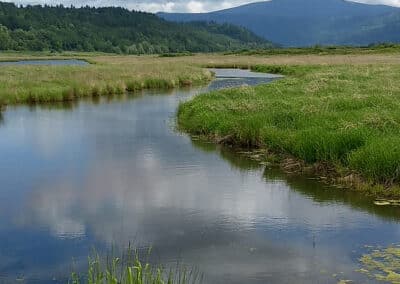
Court Wins for Puget Sound & Columbia River
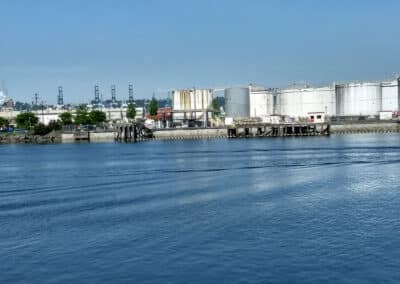
Stopping Tacoma from Harming Puget Sound Chinook Salmon
